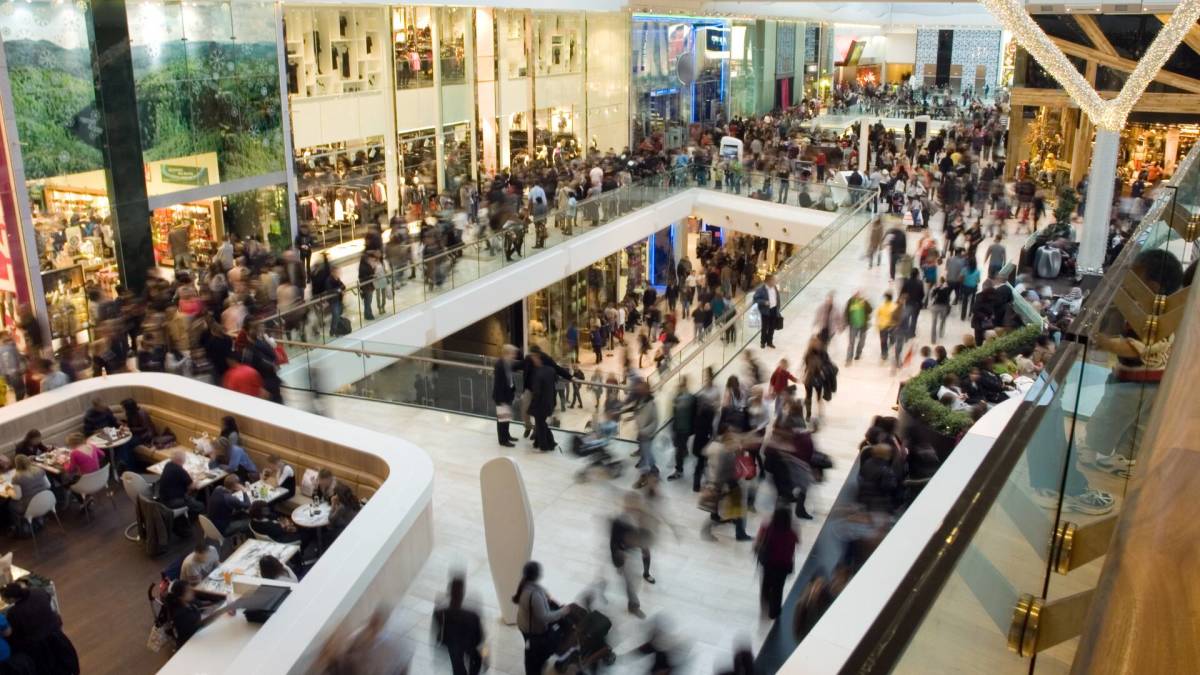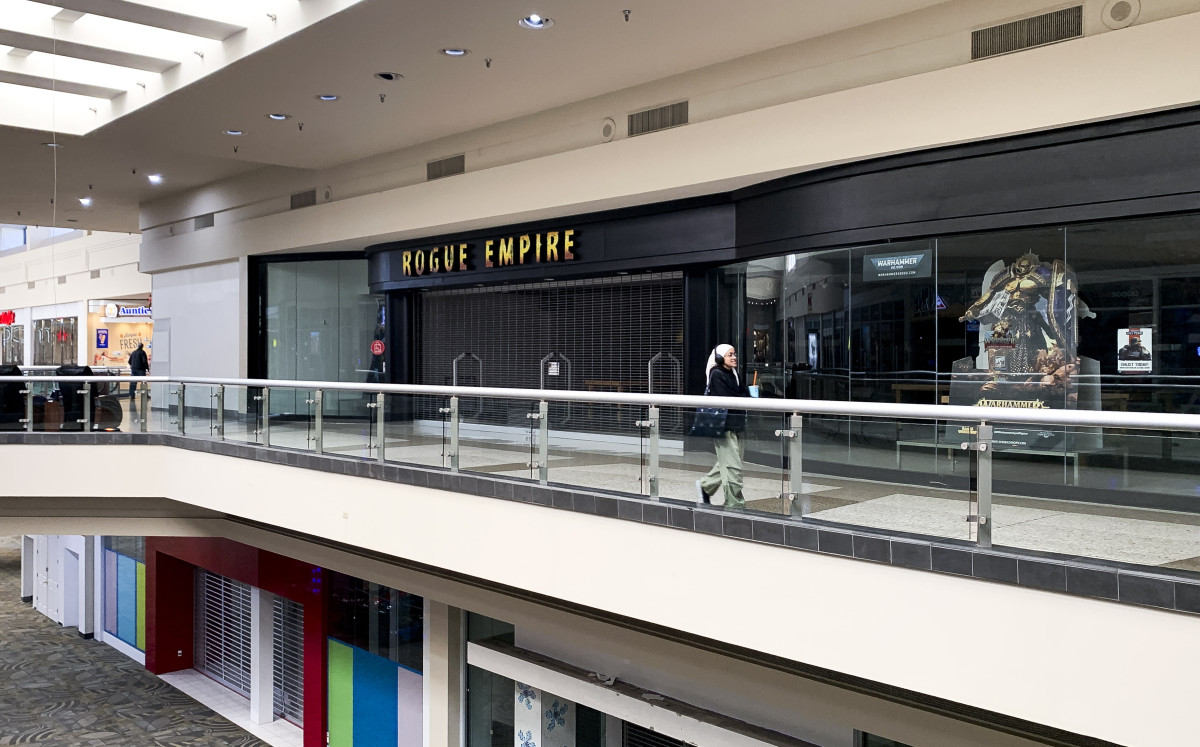
Many shops and retailers that once flourished inside of shopping malls have been forced to either adapt or wither on the vine.
One of the most recent examples is with Express, the once trendy shop for streetwear and going-out attire filed for bankruptcy in April with no plans to sell itself. It also announced it would also close nearly 100 locations.
Related: Walmart makes a move that will scare Costco, Trader Joe's
This isn't a unique example. Express, like many other retailers, operated almost exclusively out of shopping malls. But once malls began to go under, they took the retailers with them.
Earlier this year, Macy's (M) – a shopping mall mainstay – announced it would shutter at least 150 stores by 2026, roughly the equivalent to one third of its total locations in the United States.
But the trend extends far beyond clothing stores. Entire malls in some areas are shuttering; what once looked like a glittering example of capitalism and consumerism now looks more like a spooky horror film set that you wouldn't want to get too close to after dark.
Much of this is thanks in part to online shopping, which negated the need to go into a hub with dozens of retailers when you could instead shop for exactly what you wanted from the comfort of your couch. And covid only accelerated the trend, when more people sheltered in place to mitigate exposure to strangers.

MediaNews Group/Orange County Register via Getty Images/Getty Images
Popular mall closing suddenly
It may come as no surprise, then, that in 1980 – at the height of the shopping mall boom – there were approximately 2,500 malls operating across the country. Now, we have just 700.
Still, seeing malls shutter in particularly high foot traffic areas, especially when they're located in the middle of densely populated metropolitan cities, can come as a shock.
Related: Bankrupt mall retailer back from dead with cheap, viral product line
Which is why a recent decision by property developer JBG Smith (JBGS) to shutter the Crystal City Shops just outside of Washington, D.C., is making a heavy impact.
The Crystal City Shops, also known as the Crystal City Underground, had been in operation since 1976 and served as a mainstay for commuters in and around the Washington, D.C., area. It featured a metro stop, coffee shops, medical and dental practices, a theater, and restaurants. It functioned primarily underground in Arlington, Va., less than 1.5 miles from the Pentagon and three miles from downtown Washington.
More Retail:
- Ulta CEO sounds the alarm on a growing problem
- Lululemon releases a first-of-its-kind product
- Target store introduces a new 'over 18' policy
- Amazon launches genius new subscription product
“After careful consideration, we have made the difficult, yet necessary, decision to close the retail operation of the Crystal City Underground," JBG Smith said on Tuesday. "As the retail landscape has shifted and as National Landing has continued to evolve, it has become apparent that the Underground retail concept is no longer financially sustainable. We are working with tenants as they relocate, offering flexibility during this period of transition."
"As we continue to assess the long-term plan for the space, corridor access will remain open. We will continue to share updates as they become available," it continued.
The underground mall met trouble during and after covid. Many of the shops struggled to keep their doors open, as they largely depended on commuters and spillover foot traffic from the busy areas above ground. At its height, over 40 businesses operated in the underground, with some ultimately planning to expand when Amazon (AMZN) announced it would open HQ2 in Crystal City.
But those plans largely fell through after covid and many folks instead opted to work at home or move away from the urban area entirely. Only about 25 businesses remained as of late 2023 with all closing before the end of the year.
Related: Veteran fund manager picks favorite stocks for 2024







